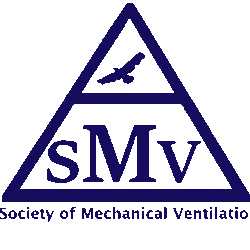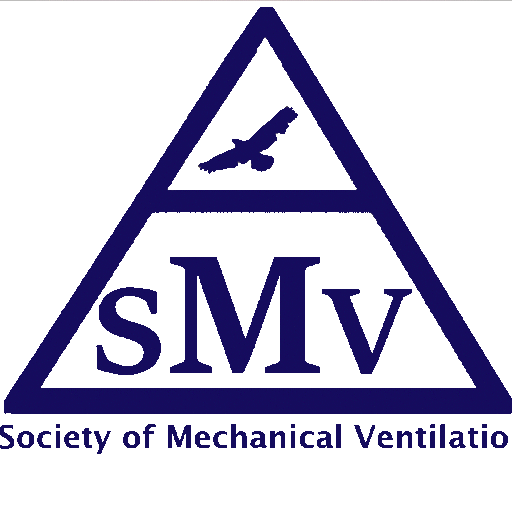
“The first step to solving a problem is realizing that there is one”
Mechanical ventilation has been hampered by so many factors; these were revealed to the world during the COVID-19 pandemic. These problems are validated by the lack of mortality change over the last two decades. Tremendous patient management confusion was exacerbated by a global shortage of clinicians and machines during the pandemic.
To discuss these questions and propose ideas and suggestions to address these issues, a group of mechanical ventilation enthusiasts, educators, developers, and researchers from different regions of the globe, with different expertise, have started to meet. Initial recommendations hopefully will be published in a hope that could be widely studied and appropriately adopted to change our status quo. The group is not by any means ignoring or obscuring the tremendous advances made over the years, but the goal is to improve our practice and ourselves. (Watch the first meeting on Ventilation Matters below)
So what are the problems, or the difficulties encountered in the field of mechanical ventilation? It is a big world with so many different cultures, economic states, different education, and practice environments so the difficulties though might be shared by different regions might not be universal.
For the sake of sampling, we will briefly highlight some discussed points, which are not inclusive to all. We believe recognition and owning the problems are a good start.
In the last 40 years, the technological complexity of mechanical ventilators has grown exponentially. Unfortunately, the educational resources developed to teach mechanical ventilation have not kept pace. As a result, there is a growing knowledge gap on the part of clinicians charged with managing mechanical ventilation. This gap greatly affects patient safety, health care cost, and clinician confidence. (Professor Robert L Chatburn).
Education is a key cornerstone to improve our quality of care for our patients. Mechanical Ventilation training on what is new and important is dismal in medical, respiratory, nursing schools. This curriculum is similarly dwarfed in specialty training for critical care practitioners. Re-thinking our current educational strategy and investment in education are paramount to supply the tools needed. To that point we might be proposing a separate multidisciplinary fellowship training specific for mechanical ventilation.
The lacks (of interest, enthusiasm, curiosity, etc.) are difficult to identify and tackle but possibly with better support, recognition and empowerment for those clinicians’ complex machine therapy to complex diseases might mitigate the prevalence of the “Lacks” and change the culture.
The technological advances and introduction of Artificial Intelligence in mechanical ventilation are clearly and undeniably witnessed, but our adoption and understanding of such technology is lagging far behind. The resistance to change is palpable and bewildering in daily practice though similar technological advances in other fields like communication, entertainment have been widely accepted.
The research field of mechanical ventilation has flourished over the last 2-3 decades but unfortunately not providing enough answers or sometimes provide conflicting answers. Maybe we need to clarify and concentrate on what are really important research questions and measures we want to tackle.
To add to that issue, there are very few agreed upon guidelines on the utilization of mechanical ventilation modes, settings in different disease. Albeit the ARDS management guidelines been widely adopted and became the gold standard, those guidelines have not changed most of the measured outcomes. The guidelines though important, oversimplify a very complex disease management (low tidal volume, limiting plateau pressure and empirically setting PEEP to an FiO2 levels).
More and more questions and topics need to be further explored with rational, attainable solutions, and we are hoping for multidisciplinary, multinational collaboration from all who have stakes or skin in the game of mechanical ventilation. Only by working together to self-critique and grade our performance and issue solutions we can move forward for a better future.

